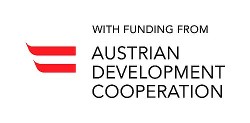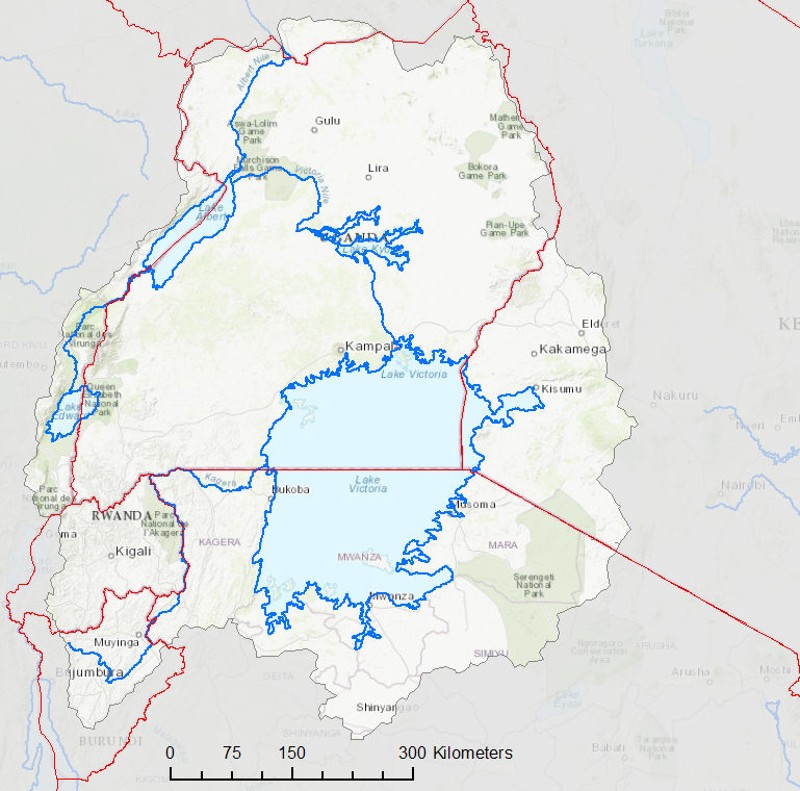
This research and development project analyzes up-scaling options for water and land management practices for the resilient and sustainable intensification of agricultural production and food systems in the extended Lake Victoria Basin.
Study area: extended Lake Victoria Basin
ScaleWAYS aims to contribute to the resilience of land and water resources, the improved health of ecosystems, and human wellbeing in the Lake Victoria Basin and the East African Community (EAC) as a whole, as these are threatened by strong population growth and the effects of climate change projected for the coming decades.
Activities carried out over the course of the three-year implementation period are structured around the following output areas:
- Identification and scoping of pilot initiatives: Promising pilot initiatives for resilient local and regional agricultural water management are identified and scoped in detail to determine up-scaling potential in selected agro-ecological zones.
- Multi-dimensional up-scaling simulations: A biophysical and economic model for up-scaling the sustainable intensification of selected rainfed and irrigated agricultural practices is produced/adapted and tested in two agro-ecological settings.
- Political economy analysis and stakeholder engagement: Political economy aspects, as well as social and gender dimensions relevant to the up-scaling of selected pilot initiatives in designated agro-ecological settings are analyzed and the level of understanding documented.
- Capacity development: The capacity of practitioners and researchers from regional and local academic institutions, governments, NGOs, and businesses is advanced as part of the scope of the research project.
IIASA Water Security (WAT) and Equity and Justice (EQU) Research Groups will work together to deliver on these set output areas.
Expected outcome and impact
The proposed outcome of the project is to have an improved understanding of the up scaling of local and regional land and water management practices for the sustainable intensification of rainfed and irrigated agriculture. About 200 scientists and practitioners working in academic, governmental, business, or civil society organizations in the EAC will benefit either through direct engagement in research, or through participation in capacity development events organized through a Community of Practice, which will be established through this project.
ScaleWAys will contribute to the resilience of future water and land resources, ecosystems, and the wellbeing of the population living in the EAC and in particular, the 45 million people residing within the Lake Victoria basin.
 © IIASA
© IIASA
PARTNERSHIP
The work will be undertaken as a partnership between the International Institute for Applied Systems Analysis (IIASA), the Lake Victoria Basin Commission (LVBC) as the local regional implementing partner and the Nairobi office of the International Crop Research Institute for the Semi-Arid Tropics (ICRISAT) as an international research partner. The LVBC will involve its relevant member countries (Burundi, Kenya, Rwanda, Tanzania, Uganda) in the research project. Local universities and centers of excellence will join to carry out specific research activities.
The project is funded by the Austrian Development Agency and own contributions of the three partner organizations.

